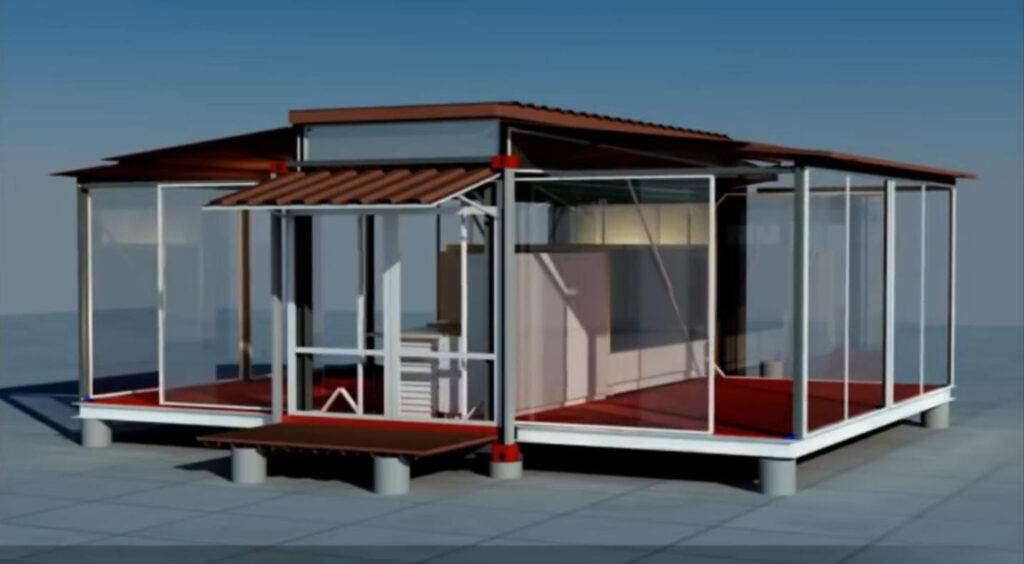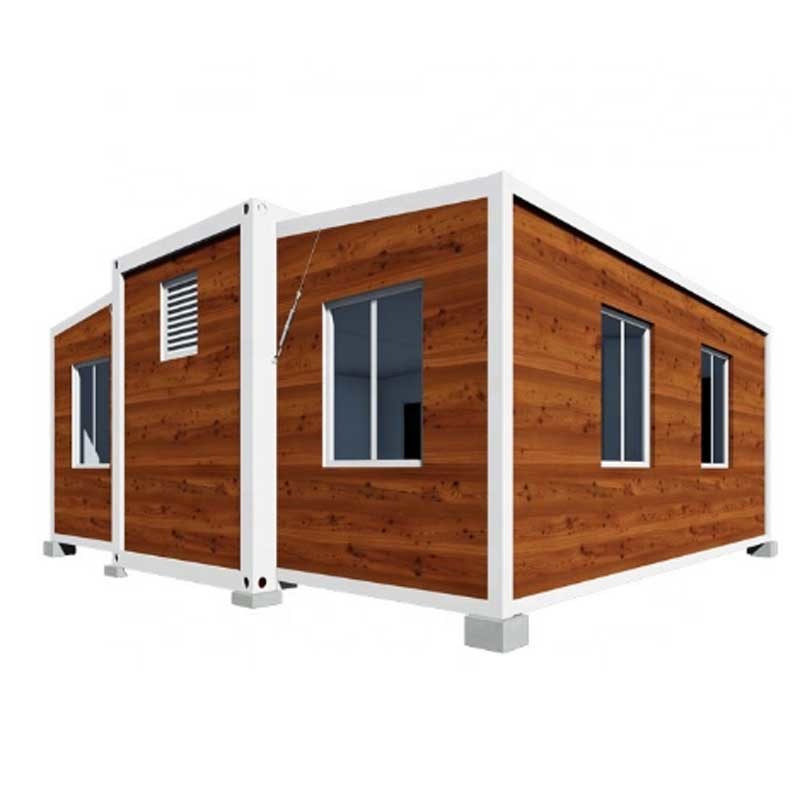Urbanization and the Cost of Constructing Container Homes
Cost of Constructing Container Homes is a matter of paramount importance that requires meticulous attention and consideration.

As global urbanization rapidly advances, housing becomes a prominent issue. In this context, container housing, an innovative housing solution, has garnered significant attention. In this article, we will delve into the intricate relationship between urbanization and the associated costs of constructing container housing and explore strategies to tackle this multifaceted challenge in practical projects.
The Challenge Posed by Urbanization
First and foremost, urbanization stands out as one of the most prominent social trends in the world today. A large population influx into cities has substantially increased housing demand. Consequently, this ever-increasing demand has exerted immense pressure on the housing market, leading to escalating property prices and housing shortages. In response to this pressing demand, cities urgently need to explore housing solutions that are both cost-effective and sustainable.
The Potential of Container Housing
Container housing has garnered recognition as a potentially viable solution. This adaptable housing form repurposes discarded shipping containers into housing units. It offers multiple advantages, including enabling rapid construction, mobility, eco-friendliness, and boasting relatively lower construction costs. However, it is precisely this last aspect—construction costs—that necessitates deeper examination.
The Cost of Constructing Container Homes
Although container housing construction costs are typically lower than those associated with traditional construction, a range of challenges persist. Firstly, the conversion and maintenance of containers require specific skills and equipment, potentially inflating labor costs. Secondly, when dealing with large-scale projects, such as those demanded by urbanization, the sheer scale of container housing may significantly inflate costs. Additionally, building regulations and approval processes can also impact costs.

Solutions and Innovations
To effectively address the challenge of construction costs for container housing, we require a series of innovative approaches. These encompass:
- Standardizing Design and Manufacturing: Developing standardized design and manufacturing processes to reduce production costs.
- Leveraging Technology and Automation: By intelligently harnessing modern technology and automation, we can enhance production efficiency, thereby reducing labor costs.
- Undertaking Large-Scale Projects: By concentrating efforts on the construction of large-scale container housing projects, we can attain economies of scale, effectively lowering costs.
- Providing Policy Support: Governments can play a pivotal role by offering incentives such as tax breaks or granting land to encourage and facilitate container housing construction.

Conclusion
Container housing undeniably has the potential to serve as a housing solution for the urbanization era. Nevertheless, construction costs remain a critical issue that warrants substantial attention. Through a combination of innovation, technology, and policy support, we can effectively lower construction costs, making container housing a genuinely viable choice to meet the burgeoning urban housing demand. Such measures will undoubtedly contribute to improving the global urbanization process while simultaneously providing more affordable housing options.